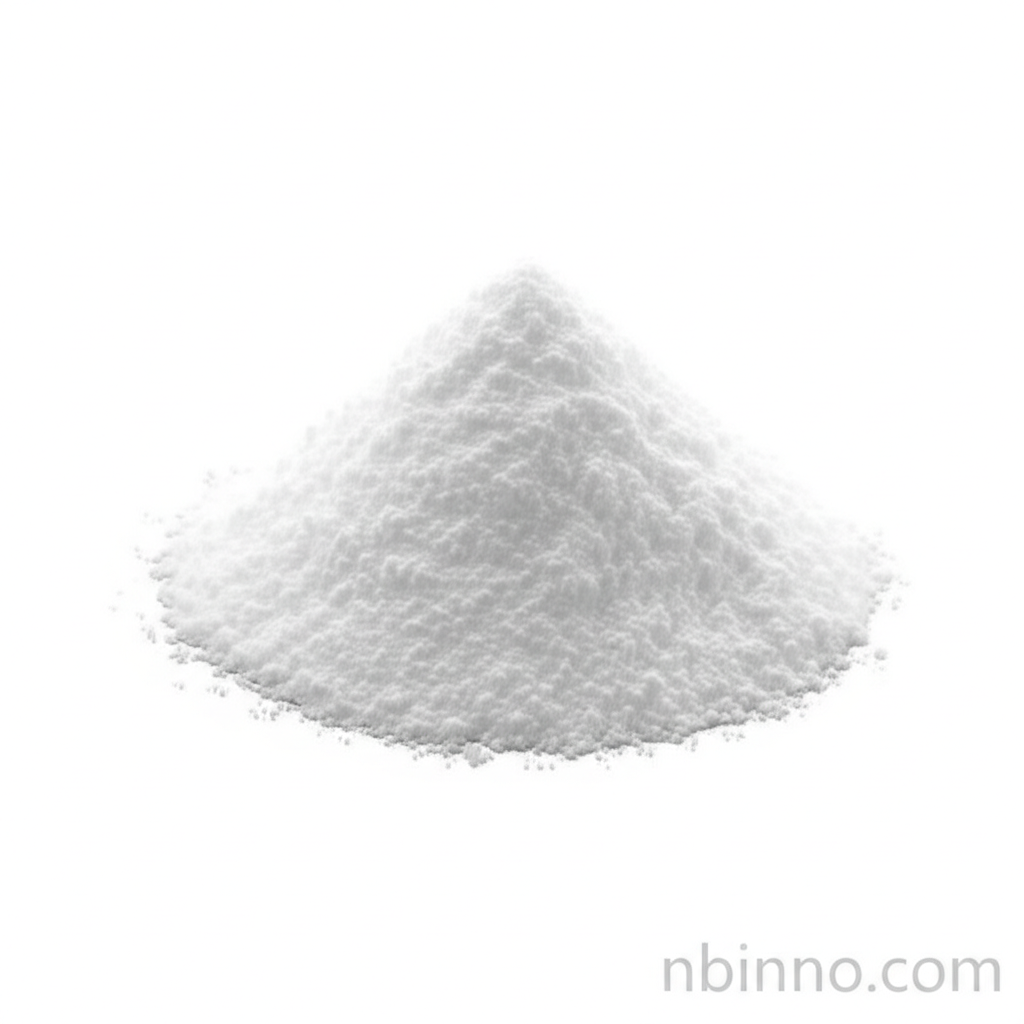Potassium Tetrafluoroborate (KBF4): A Comprehensive Guide to Applications, Properties, and Industrial Significance
Discover the essential role of KBF4 in modern industry, from electronics to metal processing.
Get a Quote & SampleProduct Core Value

Potassium Tetrafluoroborate
Potassium Tetrafluoroborate (KBF4) is a versatile inorganic compound prized for its critical functions across numerous industries, particularly in advanced manufacturing and electronics. Its unique chemical properties enable precise control in processes like semiconductor doping and effective surface treatment in metalworking.
- Explore the advantages of KBF4 in electronics manufacturing, leveraging its precision for high-quality components.
- Understand how potassium tetrafluoroborate serves as a crucial fluxing agent in soldering, ensuring robust electrical connections.
- Learn about KBF4's thermal stability, a key factor in its use in high-temperature industrial applications and materials science.
- Investigate the role of KBF4 in etching processes, vital for creating intricate microstructures in modern electronic devices.
Key Advantages Provided by KBF4
Precision in Semiconductor Doping
KBF4 allows for the controlled introduction of boron during semiconductor doping, ensuring uniform conductivity and reliable performance in electronic components, a key aspect of semiconductor manufacturing chemicals.
Enhanced Soldering Reliability
As a fluxing agent, potassium tetrafluoroborate cleans metal surfaces, preventing oxidation and ensuring strong solder joints, which is critical for the longevity of electronic assemblies and falls under industrial flux applications.
High Thermal Stability
The inherent thermal stability of KBF4 makes it suitable for high-temperature processes, including its use in the creation of boron nitride, a material vital for advanced material synthesis and thermal management.
Key Applications
Electronics Manufacturing
Potassium tetrafluoroborate is indispensable in electronics, used for semiconductor doping and precise etching, contributing to the high-performance nature of modern devices. Understanding the advantages of KBF4 manufacturing is key.
Metal Processing & Soldering
In metalworking, KBF4 acts as an effective flux, facilitating soldering and refining of metals by cleaning surfaces and preventing oxidation, a core function in industrial flux applications.
Abrasive Products
KBF4 serves as a binder and filler in abrasive products like grinding wheels, its melt point making it ideal for bonding abrasive grits, highlighting its role in advanced material synthesis.
Chemical Synthesis
This compound is a valuable reagent in chemical synthesis, particularly for creating fluorinated compounds and organoboron compounds, essential for various industrial sectors.
